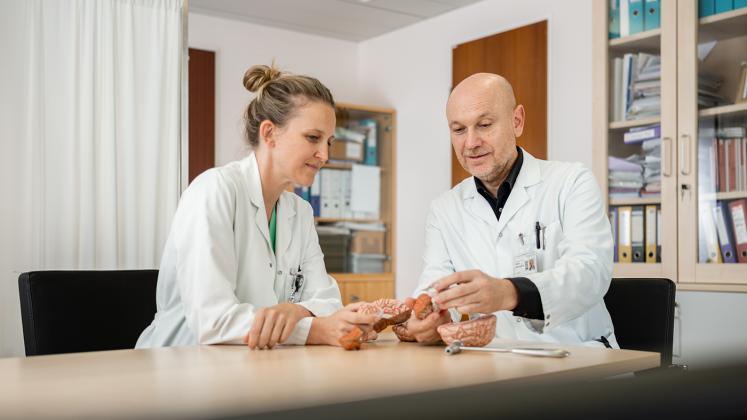Antimicrobial resistances represent one of the greatest medical challenges. They result in healthcare costs and increasingly cause infections that were previously considered well-treatable to end fatally. A precise understanding of the epidemiological situation is an important pillar in the fight against this global threat and requires coordinated measures at all levels. As part of the revision of the European Urban Wastewater Treatment Directive (91/271/EEC), mandatory monitoring of AMR in wastewater is now to be launched to protect human health and the environment. However, unlike viral pathogens such as SARS-CoV-2 or polio, AMR wastewater monitoring is still in its infancy.
The aim of the ARISE project is to create the methodological foundation and develop pioneering analysis concepts for monitoring antibiotic resistance in wastewater. To achieve this, the project will i) systematically evaluate the entire spectrum of molecular analysis methods for the detection of antibiotic resistance genes (ARGs), ii) evaluate and optimize the entire analysis workflow - from sampling techniques, sample preparation and extraction, to bioinformatic and biostatistical evaluation, by using appropriate process controls for wastewater monitoring and iii) test innovative analysis approaches for universal microbiological referencing of the results of ARG analysis methods. A broad range of methods will be evaluated, including quantitative PCR, digital PCR, shotgun metagenome sequencing, array-based high-throughput qPCR, and a new capture assay-based high-throughput sequencing method for targeted enrichment and quantitative analysis of AMR markers. The evaluation of the analysis methods will be performed under standardized laboratory test conditions, as well as in selected case studies. Furthermore, linkage between molecular and culture-based methods will provide a comprehensive understanding of the comparability and validity of the methods.
The comprehensive examination of innovative molecular AMR analysis methods, coupled with a systematic comparative study of their performance characteristics and novel combination with relevant companion diagnostics, leads to a solid knowledge and data foundation, wich enables the successful implementation of a wastewater-based AMR surveillance of the future for the stakeholders, as proposed by the EU.



